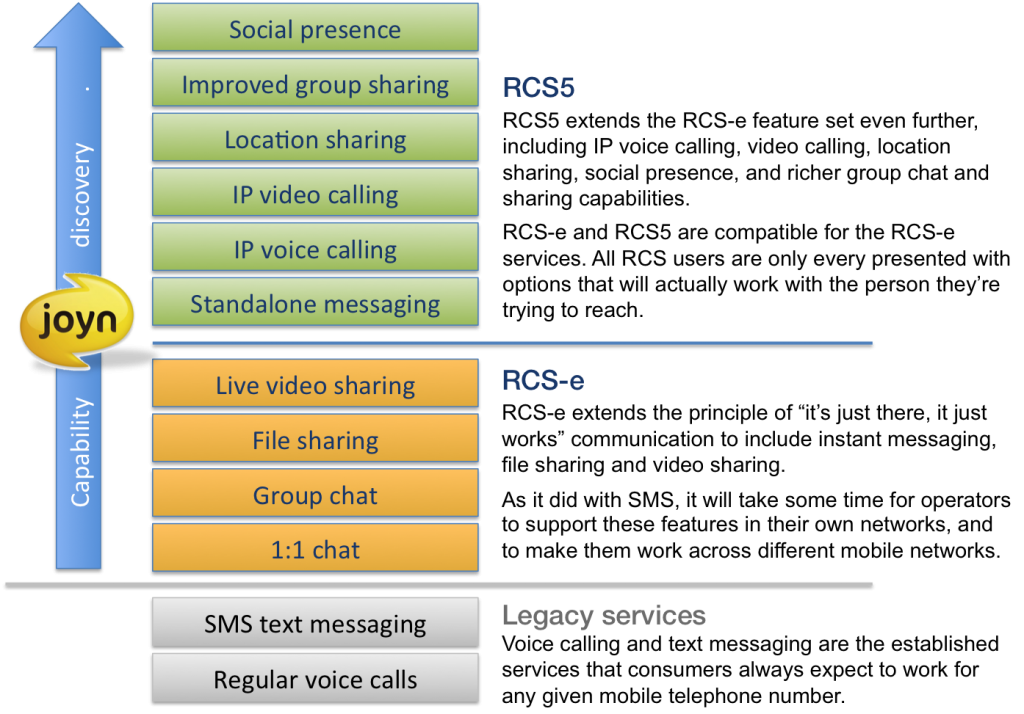Five Standards That Could Change the Future
Right now, however, it’s only available in the same two cities that were announced last fall: Austin, Texas, and Salt Lake City, Utah, which aren’t even major markets. Furthermore, one of the world’s most popular smartphones, the iPhone, still lacks the near-field communication (NFC) chip that makes Isis-style mobile payments possible. (It’s important to note that any NFC-based mobile-payment solution suffers the same problem.)
The Isis app has also received poor ratings online. In the Google Play store it scored a 1.5 out of 5 stars on Verizon’s network (from more than 800 reviews), a 2.0 on AT&T’s (approximately 250 reviews) and a 2.1 on T-Mobile’s (300 reviews)[figures current as of 7/29/13]. By way of comparison, Google Wallet ranks substantially higher—3.2, based on more than 11,000 reviews—but the mobile-payment apps that score the highest ratings come from financial institutions like Chase (4.2), Wells Fargo (4.3) and Bank of America (4.2).
Still, Isis may have legs. Verizon, AT&T and T-Mobile have deep pockets, and they’ve already spent roughly a quarter of a billion dollars on it. The platform is being promoted in their test markets with a compelling incentive that could rapidly inflate Isis’s user base: $100 Amazon gift cards in exchange for adding a credit card to the Isis digital wallet and using it to make a purchase. Further growth will likely come from partnerships with other retailers and major brands, like the one Isis has with Coca-Cola, and the mobile-payments sector as a whole is still poised to take off in the US, according to Gartner, with rapid growth expected this year.
joyn
Created by the GSM Association (GSMA) and now implemented by 14 wireless operators worldwide, joyn is the consumer-facing brand of standards known as rich communication services (RCS). For years the telecom industry has watched as traditional revenue streams like voice and messaging have dried up due to the competitive heat of over-the-top (OTT) services. RCS via joyn is an attempt to reverse this trend by creating premium, integrated services that bring more value to communication. As you can see in figure 2, joyn offers a significant advantages over legacy communications.

Source: GSMA
For consumers the main benefits of joyn are essentially what is enabled by RCS (specifically RCS-e and RCS5): enhanced phonebook, converged messaging and enriched calling. In addition, with numerous operator partners, joyn has the potential to converge voice and SMS with instant messaging/chat, live video sharing and file transfer across all devices and networks. Other pluses include a single user login and a simple solution to the multiple identity crisis known as the universal phone number (or an abstraction thereof).
So far, joyn is doing fairly well. The ratings for its app are substantially higher in the Google Play store than Isis’s, averaging slightly more than three out of five stars across several mobile operators’ networks, and its services are currently free, but several operators have indicated that joyn will eventually be sold as a premium service.


















